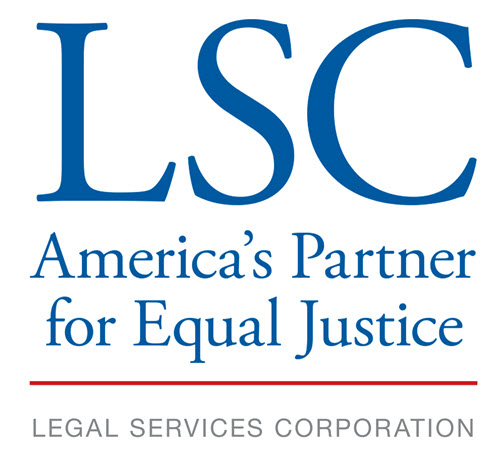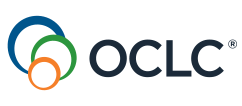Learning Groups for Navigating Civil Legal Issues of Natural Disasters Courses
The three-course series Navigating Civil Legal Issues of Natural Disasters is well-suited to be the core learning content for a group learning experience with peers. Since civil law is complex and local, these courses are particularly appropriate for collaborative learning. The course work includes understanding local community needs, creating a collection of local disaster-related legal resources, and both finding and partnering with local legal agencies and emergency management networks. Group learning can work for a small, self-organized group of a few co-workers at a single library as well as a larger, multi-branch group organized as an “official” training by a system, region or state.
This course series builds on the Creating Pathways to Civil Legal Justice (CPCLJ) series, which provides the foundational knowledge and skills for recognizing general civil legal issues and directing library users to relevant, helpful information and services. Therefore, if some group members are new to civil legal reference, you may want to allow time for them to work through all or part of the CPCLJ courses, or consider facilitating a group of learners for these foundational courses, with Learning Groups for Creating Pathways for Civil Legal Justice Courses.
Facilitating Groups for Navigating Civil Legal Issues of Natural Disasters
To help your learning group get the most out of these courses, we created the Group Activities Guide: Navigating Civil Legal Issues of Natural Disasters [PDF, 9 pages] tailored to the course content. The discussions and activities in this guide are intended to take advantage of the kind of knowledge and experience-sharing that a group brings to a complex topic.
Using the Group Activities Guide
The Guide provides suggested discussions and activities for all three courses in the Navigating Civil Legal Issues of Natural Disasters series. The three courses cover the scope of the Emergency Management Cycle, from preparation before disaster to long-term recovery afterwards. You’ll want to determine how much of the material you want your group to cover in what period of time. Do you plan to have the learning group go through all three courses? Note the estimated times to complete each course and scan the contents to get an idea of the learning your group will be committing to.
The activities for all courses are suggestions. You are encouraged to customize the group learning experience in any way that is most appropriate for your group members. You may want to vary the activities according to whether the group is from the same library or branch, from a larger library system, or from across a state.
Basic Group Facilitation
Learning groups are most effective when someone assumes leadership for organizing and guiding the group through the structure and pacing of the course material. That person does not need to be a trainer or have any special knowledge about the topic to effectively facilitate the group learning. The necessary learning content is in the self-paced courses. A smart facilitator helps group members connect with the course content and with each other so that learners can enjoy the benefits of learning together as a group.
For those who are new to facilitating group learning, WebJunction has resources to provide you with the basic knowledge you’ll need to organize and lead a group of learners through a self-paced course on any topic.
The Learning Group Facilitation Guide explains the value and power of learning groups to enhance self-paced learning, along with a 4-minute video introduction. And the 21-page guide covers the basics of organizing, structuring, and leading a group. It also provides advice on how to maximize learning in a group, keep participants motivated and on track, foster the sharing of ideas and resources in an inclusive environment, and boost each other’s confidence in applying the learning.
To learn more about the project, visit Improving Access to Civil Legal Justice through Libraries, and enroll in the foundational series of courses, Creating Pathways to Civil Legal Justice.
This project was made possible in part thanks to financial support from these organizations:


